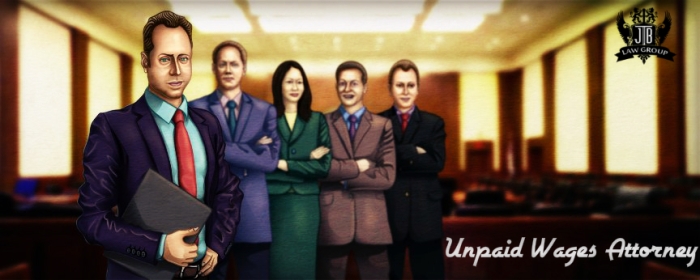Are you getting deceived and defrauded by your lawyer? If yes, then you are at the right place. Know exactly in which instances you are owed overtime pay by your lawyer and when you can file a lawsuit for your unpaid wages with the help of a lawyer.
The payment of the wages is under the jurisdiction of Federal and State laws and if your employer is not paying what you worked for, then it would be counted as wage violation. However, the rules are complicated and you need to how to calculate your unpaid wage claim.

VIOLATION OF HOUR:
If the employer is failing to pay the wages for every hour you have worked, then the employer is violating this law. By not considering meal or lunch break that employers use to work, training program for work, waiting time at the work premises and off the clock work.
VIOLATION OF MINIMUM WAGES:
The employer is required to pay minimum wages for every hour worked. The highest applicable salary per hour set by the state where you work is entitled by every state. And the employer that is paying less than the minimum applicable salary is a rule breaker.
WAGES DEDUCTION:
The employers can withhold a certain portion of salary as employee expenses or company debts. However, the deductions should never be to this point that the wages fall below the minimum wages set by the state. The employer cannot deduct too much of the earned salary which is again considered violation of this rule.
PAYCHECKS ON TIME:
The employers are not required to pay the salary on certain days. But some states have rules that the employees have to be paid at least once or twice a month. Some even have the rule that the employees are to be paid within the certain time limit.
STEPS TO FOLLOW:
If the employer is violating any of these laws and not paying you your deserving wages, then you can raise the issue internally. However, if the payroll department and the management is not responding positively to your requests, then consult an attorney. The employees can pursue their unpaid compensation by filing a lawsuit for unpaid wages.

Your lawyer can suggest you the courses of actions and analyse if the case is worth pursuing with the cost of taking the lawsuit. Your lawyer would discuss the recovery and the penalty fees you can gain from the outcome. In addition to that, you would be able to figure out the chances of you winning the case under the circumstances.
FEES OF THE ATTORNEY:
The major thing while pursuing a legal action against your employer is the fees of the attorney for handling the case. Ask the attorney about the fees structure and whether they would take contingency fees as well. Include all the cost of the case analysis and consultation fees and see if the cost to pursue case overcomes the benefits you would attain after winning the lawsuit.


